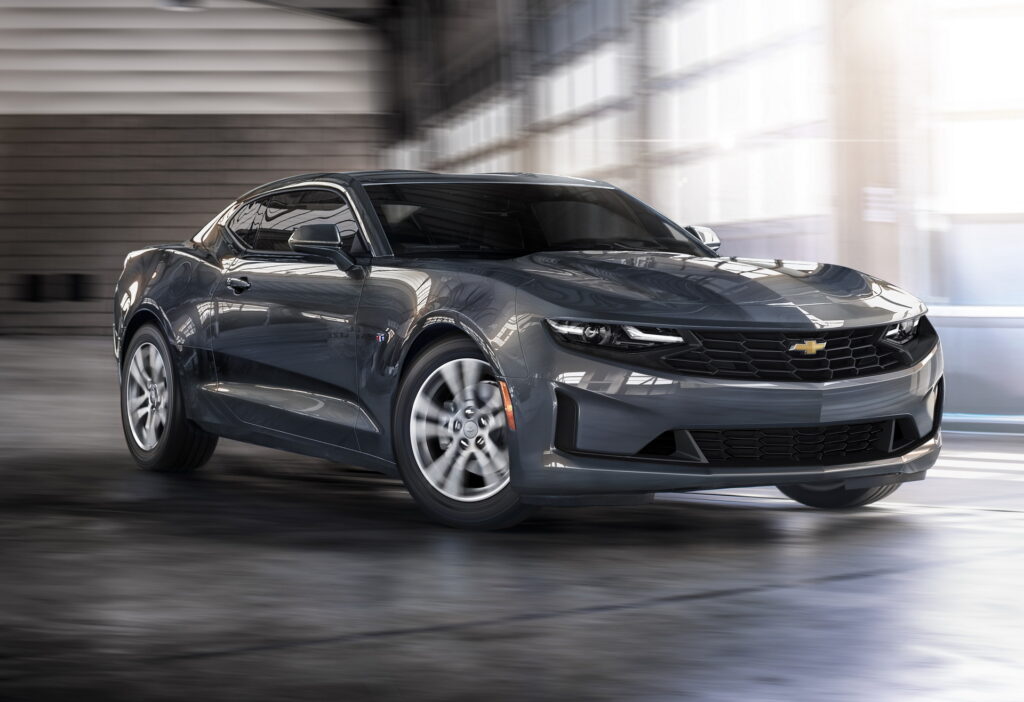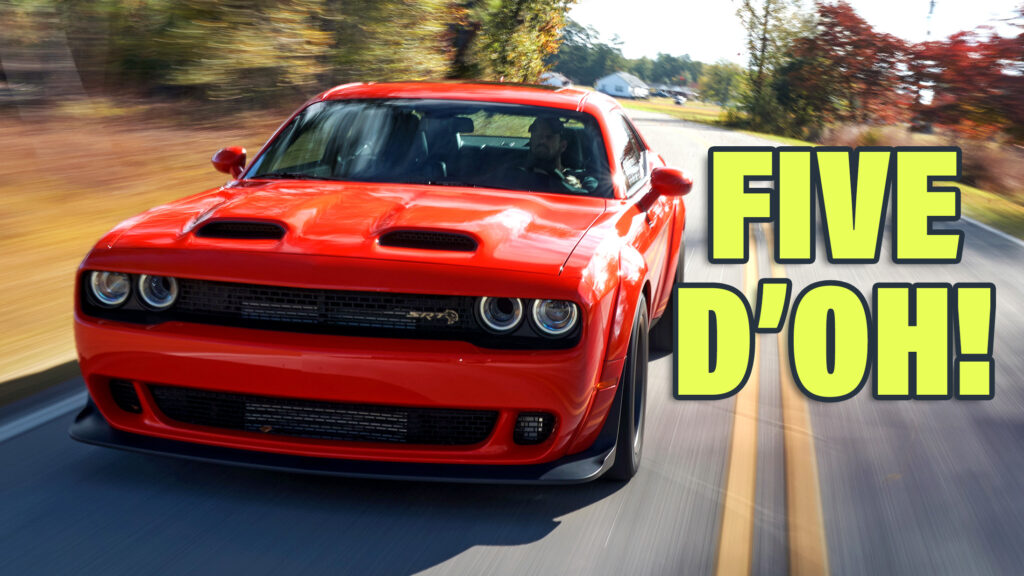The next time you see a pony car on the highway in Florida, you had better be careful. That’s because more Florida police departments are turning to unmarked vehicles in an effort to catch speeders, they say.
“We’re going after people doing egregious speeds [and] driving very reckless,” Sergeant Michael Schade of the St. Petersburg Police Department told WTSP. “They’re driving thinking an officer isn’t in the area.”
So far, the SPPD has added just one unmarked pony car, a Ford Mustang, to its fleet. Across the bay, though, the Hillsborough County Sheriff’s Office says it has about a dozen unmarked Dodge Challengers in a variety of colors. It first started adding pony cars to its fleet in 2019, with a Chevrolet Camaro. In many cases, the departments say they chose V6 models of pony cars because they cost roughly the same amount as a standard issue police cruiser.
Read: Tampa Police Chief Resigns After Flashing Her Badge To Get Out Of A Ticket

Unlike in other states, Florida law enforcement faces few restrictions on when or how its officers can use unmarked police cars. And although departments are increasingly interested in employing the vehicles, there’s very little research on how effective they actually are.
When asked if the unmarked cars are leading to more citations or even initiating more stops than marked cars, the SPPD said it didn’t track that kind of information. It said that the cars are, instead, intended to target certain kinds of offenders.
What these unmarked police cars do not do, according to James Wright II, a professor in police-community relation at Florida State University, is increase the public’s trust in police.
“It gives the perception that the community is doing something that is not lawful,” Wright said. “Then it’s telling the police officers that they need to be hyper-vigilant when they’re in these unmarked cars as well, so I think on both ends it can be scary.”
In addition, there are fears that the increasing use of unmarked police cars makes it easier for bad actors to impersonate officers. Last summer, a Tampa man was arrested after pulling someone over in a gray Range Rover equipped with flashing lights.
Indeed, Dic Donohue, a researcher at the RAND Center for Quality Policing, posited that without proper community outreach, the risk of such crimes could increase, as could the risk of people fleeing police officers out of fear that they are being chased by an impersonator.
Police officers like Hillsborough County Sheriff’s Office corporal Donald Rizer seem to see that uncertainty as a feature that creates panopticon-like conditions for drivers in which any car might be a cop.
“We went a little outside the box,” said Rizer. “This helps us be in a situation where we can witness things when you’re like, ‘where’s the cop when you need one,’ well I might be right beside you.”




